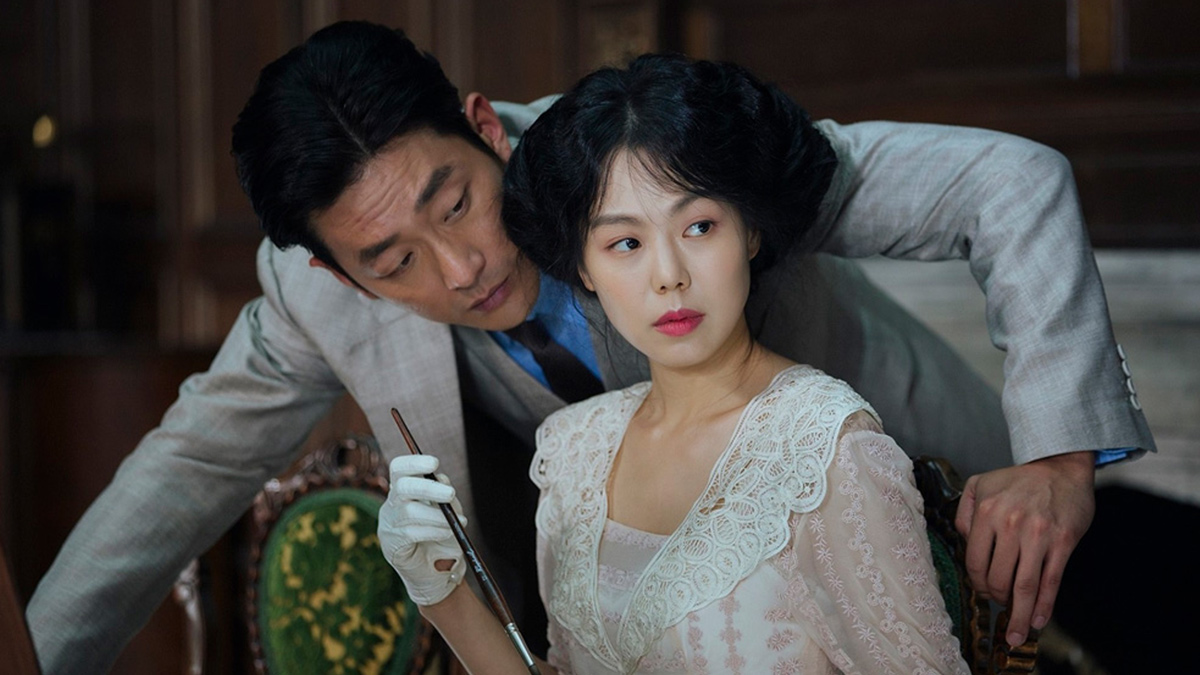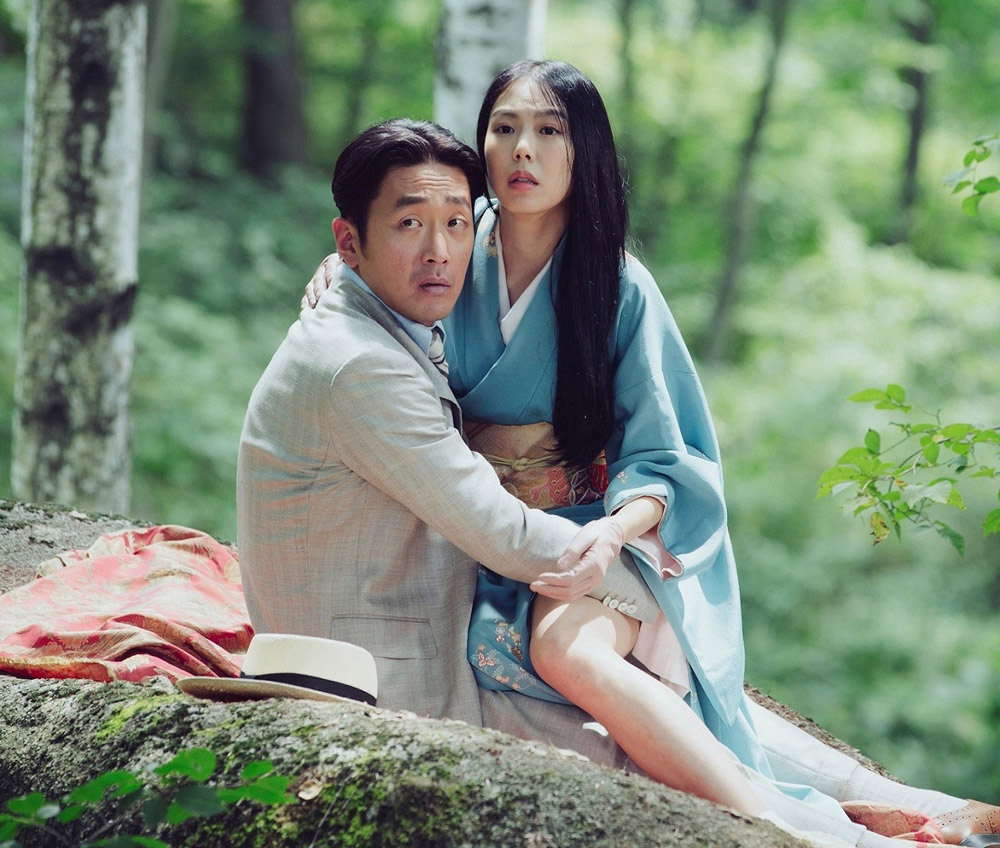
© 2016 CJ E&M CORPORATION, MOHO FILM, YONG FILM ALL RIGHTS RESERVED
“The Handmaiden” Park Chan-wook’s adaptation of the fairy tale of “Liberation” and “Empire” *Spoiler alert
2021.05.15
Who will defeat “evil” in the end?
``The Handmaiden'' harshly criticizes imperialism and male domination, and brings ``liberation'' to Sukki and Hideko. However, this is actually quite different from `` Jiku no Shiro .'' Sue and Maud are unable to escape the social structure of 19th century London until the end, and at the end, they even return to Briar Castle, the Kozuki family residence. On the other hand, it is the "Earl" who returns to the mansion in "The Handmaiden." There, the "Earl" meets Kozuki, the master of the Empire who was left behind.
However, the biggest villain in ``Thorn Castle'' -- although I avoid mentioning it more than necessary -- is not Maud's uncle. After Sue and Maude leave Briar Castle, their uncle is said to have gone "crazy" and is never seen again, only to be told that he died a lonely and tragic death. Instead, the role of the villain is taken by another man, who is killed by the women at the climax.
The reason why Chan-wook regarded his uncle as the greatest evil is clear when you consider his own words quoted earlier. Kozuki is a man who longs for the Empire that rules him, and sells even his ethnicity and background in order to become Japanese in body and soul. Sukki, Hideko, and the "Earl" all live their lives acknowledging that their identities are in danger, wavering, and deceitful, but Kozuki is the only one who continues to accept that the deceit is not a deceit, and continues to maintain his "empire". This is an act of control.
And Chan-wook - whereas in the original story it was a woman who ultimately defeated evil - he does not involve women at all in defeating the evil Empire. That's understandable; Sukki and Hideko just need to escape the Empire and get their lives back, and there's no need for them to commit murder in order to defeat the Empire. If they kill the villain as in the original, they will be re-incorporated into the social structure surrounding "crime" and "punishment," and they will not be able to achieve the "liberation" that Chan-wook intended. Therefore, the "Earl" took on the role of defeating evil instead.

“The Handmaiden” © 2016 CJ E&M CORPORATION, MOHO FILM, YONG FILM ALL RIGHTS RESERVED
In the first place, "Earl" is a man who tried to rebel against the Empire along with Sukki. Former Sakuo's plan to deceive Kozuki into making a large sum of money by claiming to be a member of the Japanese nobility is a tactic that only a con artist can use to take revenge on a social structure that cannot be overturned. Although it may seem similar to Kozuki to lie about his ethnicity, the "Earl" does not let go of his identity. He is definitely a villain, but when he approaches Hideko, he reveals his true identity and tells her all about his plans, showing his sincerity.
It is also worth noting that the masculinity of the "Earl" is depicted as being a little more complex than that of Kozuki and other men. The "Earl" works on his plans more seriously than anyone else, and sometimes even shows glimpses of his honest and humorous side when he interacts with Sukki and Hideko.When things don't go as planned, he becomes violent towards Sukki, and when he falls in love with Hideko, he ends up falling in love with Hideko. tries to rape her. His masculinity quickly becomes extremely harmful when he seems to be able to control others, and this is also linked to his coldness and cruelty. This is the desire for control that is rooted in the man called "Earl," and it is an internalized "empire."
After Hideko escapes, the "Earl" is taken back to the mansion and detained in the basement. However, despite being severely tortured by Kozuki, the "Earl" perseveres and refuses to even talk about his first night with Hideko. Instead of giving up Hideko for Kozuki's desire, he defeats the Empire by smoking two mercury cigarettes. Isn't that the honest man who told Hideko his true identity halfway through the plan and directly denied Hideko's suicidal thoughts?
The "Earl" defeats the "Empire" using his "masculinity", an attribute that is compatible with the "Empire", and loses his life there. At the end, the "Earl" says, "I'm glad I was able to protect my dick," a line that shows his own multifaceted "masculinity." If he had not been able to protect the masculinity symbolized by his genitals, the "Earl" would not have been able to defeat the Empire; on the contrary, the Empire was born because of his masculinity. In any case, Chan-wook probably thought that the one who could defeat the Empire was the manliness that could become the Empire.
"The Handmaiden" as a political fairy tale

